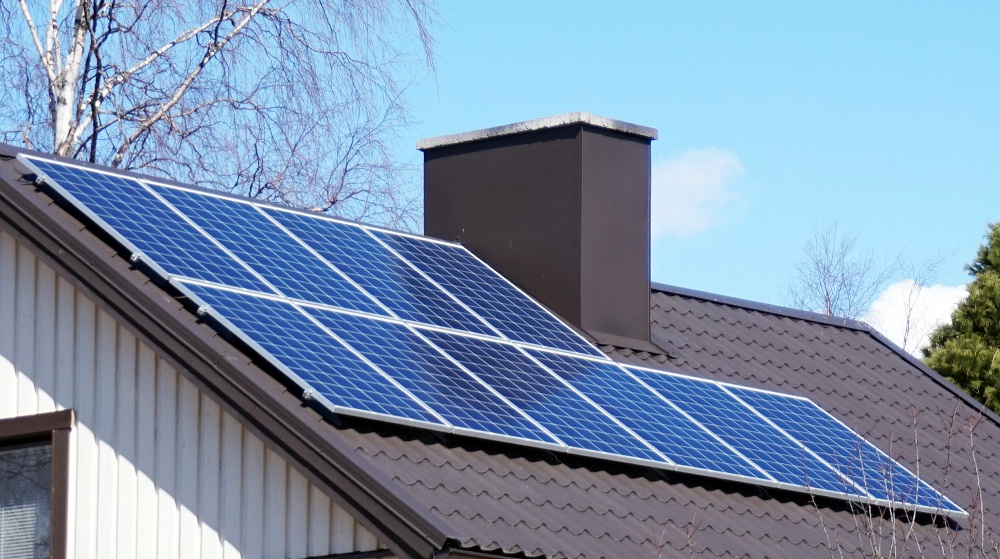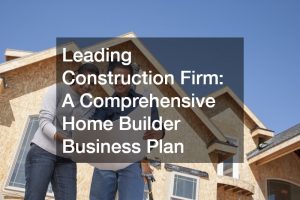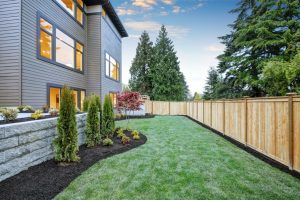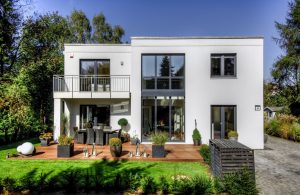Setting up a solar panel on your roof might be one of the best decisions you can make if you want to do your part in helping the environment. Aside from helping the environment, installing solar panels at home has other benefits, including lower energy bills and tax credits.
But before installing solar panels on the roof of your house, there are some things you need to consider.
Roof Stability
Since the solar panels will be installed on the roof, you should check the roof’s stability. If the roof was damaged due to extreme weather, it’s best to repair it before installing the solar panels. You should also check if the roof is big enough to hold the number of solar panels you intend to use. If the space falls short, you might not get the return of investment you were planning to receive when you install the solar panels.
It is also important to check the weight the roof can handle. The roof will collapse if it cannot handle the weight of the solar panels you’ll install. Besides losing your investment in the solar panels, you will also have to bear the cost of fixing the roof and appliances that can be destroyed when the roof collapses. While appliance repair expenses might not be substantial, fixing an entire section of the roof can put a huge dent in your finances.
Type of Solar Technologies
There are two types of solar power technologies available today: photovoltaic power technology and concentrating solar-thermal power technology. The first type turns sunlight into electrical energy while the second one converts sunlight into heat that can be used to produce electricity.
Photovoltaic power technology is commonly used for houses and small businesses. Commercial buildings and power plants typically use the second option. Concentrating solar-thermal power technology is also ideal for places where the cost of heating fuel is high. But qualified installers for this technology are hard to find.
Weather Conditions

The weather in your area is another consideration since it will significantly affect your solar panel array. If your area is constantly visited by hurricanes, tornadoes, or lightning storms, you might have to reconsider your plan of setting up solar panels on the roof.
But, if you still want to go through with the plan, you should have some contingencies to ensure your investment remains safe. Another option is to get additional insurance because a standard homeowner’s insurance might not cover the solar panels’ damage.
Grid Connection
Your location determines the details about how you can connect to the power grid. Connecting to the power grid has its advantages, such as getting electricity from the grid if your solar panel array cannot produce enough electricity for your needs.
Some power providers also offer net metering where your electricity meter is turned back, or you are billed lower for the excess electricity you feed into the system. This happens when the electricity produced by your solar panel system exceeds your needs and you feed the excess electricity into the system.
You should also consider the additional equipment to allow you to connect to the grid. It is also important to consider power providers’ requirements to allow you to connect to the power grid. In the end, you’ll have to weigh the advantages and disadvantages of connecting your solar panel system to the main power grid.
Contractor
One last thing to consider is the contractor who will install the solar panels in your home. You should make sure the contractor is reputable and has a good track record. A North American Board of Certified Energy Practitioners (NABCEP) accreditation is also a good sign of the contractor’s reputation.
Investing in renewable energy sources for your home does not only allow you to save on the cost of electricity, but it also allows you to do your part in saving the environment.






